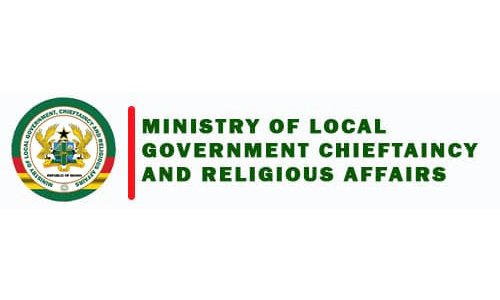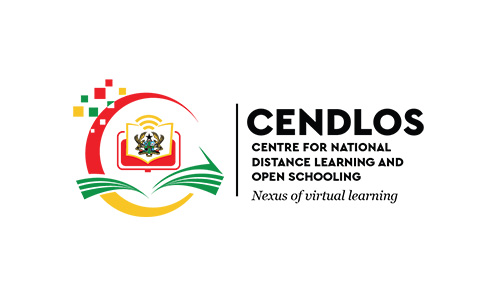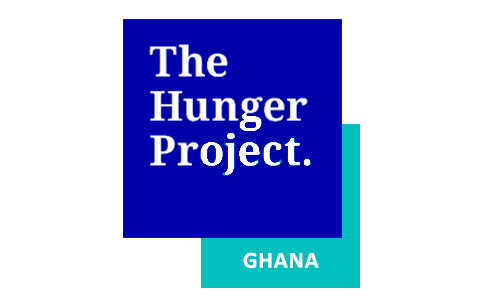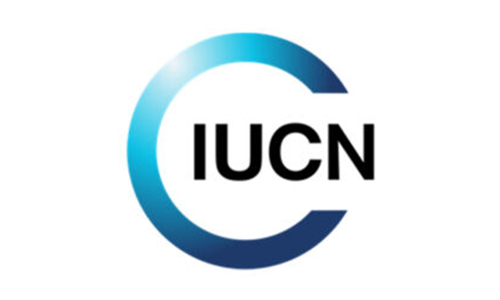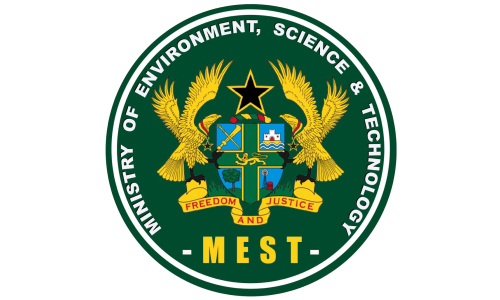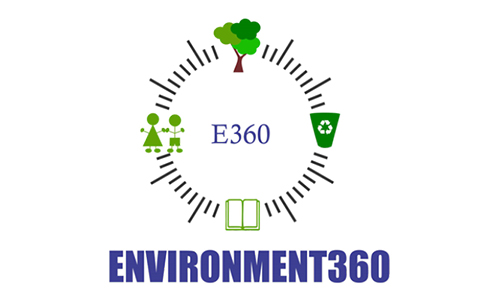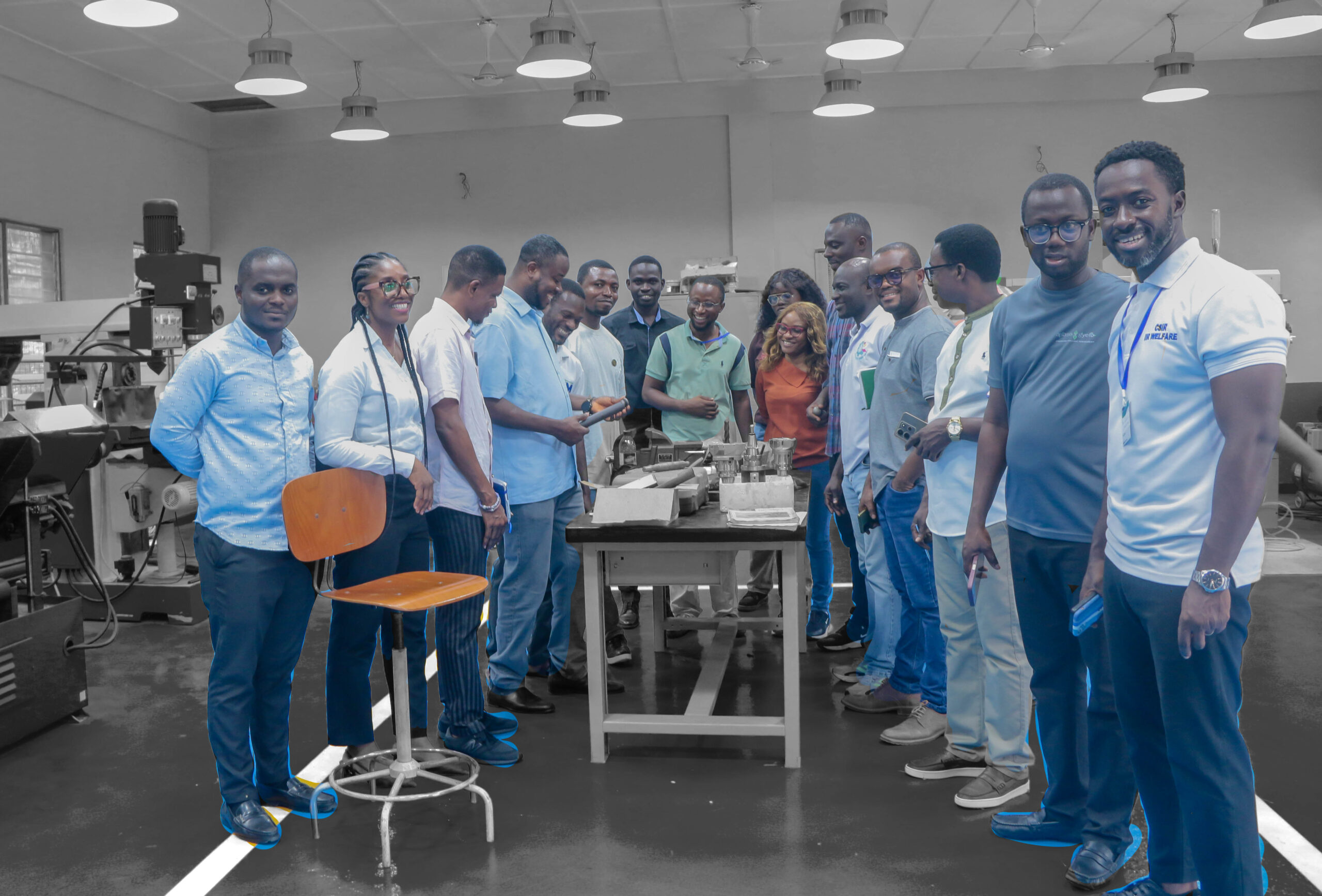
Co-owners
The hub operates on co-ownership principles with 16 diverse stakeholders from education, NGOs, public and private sectors, and research institutions. This approach ensures shared goals and resources for co-design and co-implementation for maximum collective impact.
Meet the 16 co-owners who are the operational backbone of the hub.
They are the engine driving our hub’s success.

International Water Management Institute (IWMI), headquartered in Colombo, Sri Lanka, is a global research-for-development organization committed to achieving a water-secure world. In Ghana, our circular economy solutions, drive innovation through research, technology, and capacity building. IWMI provides leadership for the establishment of the innovation hub with the strategy and operational framework of the hub applying a concept developed by IWMI.. Read more

The Institute for Environment and Sanitation Studies (IESS) University of Ghana-Legon, is purposely, created for research and training of scientists in environmental, sanitation and sustainability issues at the University of Ghana. The Institute collaborates stakeholders in applied research, knowledge dissemination and policy discourse in the areas of sanitation, environment, and sustainable development, where circular economic is prioritized. Read more

Clean Team Toilets is a social enterprise that provides in-home sanitation services to low-income residents of Kumasi. We offer cost savings, convenience, and dignity by collecting waste from homes and treating it safely using circular economy approaches. Read more

Safisana Ghana Limited is a Waste-to-Energy social enterprise, combining waste treatment, sanitation, and renewable energy in low-income countries. Our recycling plants convert waste into biogas and fertilizer for local markets, addressing social, economic, and environmental challenges in urban communities. Read more

Jekora Ventures Limited (JVL) is a leading waste management company, trailblazing resilient and sustainable solutions through resource recovery solutions to enhance Ghana’s environment and public health, positively impacting ecological balance and climate change. Read more

TriMark Aquaculture Centre operations aims to recover nutrients from community wastewater for safe vegetables and fish culture. Revenue generated from sales of produce is channeled back to address the lack of funds for O&M of the wastewater treatment plant. Read more

Council for Scientific and Industrial Research-Institute of Industrial Research (CSIR-IIR) is a leading research institution under Ghana’s Council for Scientific and Industrial Research. With six core divisions including Sanitation, Sustainable Energy, Materials, Manufacturing, Engineering Design, Emerging Technologies, and Projects, we strive for integrated sustainable innovation development. Read more

Catholic Relief Services is a global NGO operating in 100+ countries, providing development and humanitarian aid to marginalized communities in Ghana. Through interventions in agriculture, water and sanitation, and various sectors and strategies like systems strengthening and collaboration, we achieve transformative impact at scale. Read more

Biotechnology and Nuclear Agriculture Research Institute (BNARI) is provides sustainable agricultural solutions through biotechnology and nuclear science interventions to the myriad of problems faced by our farmers. . Read more

The University of Environment and Sustainable Development (UESD) specializes in teaching and conducting research across various fields within environmental and sustainable development programs. Read more

The Regional Water and Environmental Sanitation Centre, Kumasi (RWESCK) is a World Bank Africa Centre of Excellence with support from Ghana Government delivering research, training, consultancy and technical services in water supply, solid waste management, wastewater treatment, sanitation technologies, faecal sludge management, environmental health, circular economy, climate vulnerability and risk management. Read more

MDF West Africa is a management consultancy and training firm operating in the West African region, which amongst other activities functions as an Enterprise Support organization. We provide business development support and vocational training targeted at a wide selection of areas, including circular economy, waste-to-value, and agribusiness. Read more

Engineers Without Borders-KNUST (EWB-KNUST) is the Ghanaian chapter of Engineers without Borders, a global nonprofit. We are dedicated to enhancing the quality of life in underserved communities while fostering student development through volunteering. We collaborate like-minded organizations to design and implement practical solutions for local needs.. Read more
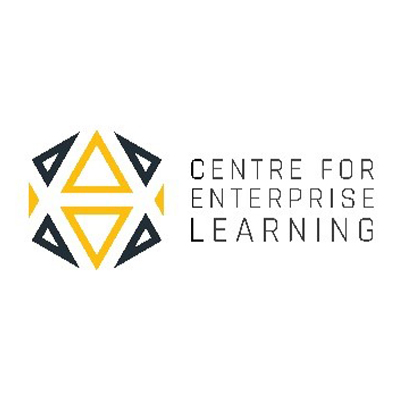
The Centre for Enterprise Learning (CEL) is a Ghanaian non-profit foundation addressing gaps in entrepreneurship and vocational education in West Africa. CEL supports youth entrepreneurship, TVET improvement, and enterprise development through non-commercial programs and serves as a learning hub where ideas are tested through pilots and real-world application. Read more

Water and Sanitation for Urban Poor (WSUP) is a not-for-profit delivering sustainable water and sanitation services to urban poor communities. We collaborate with local providers to develop services, build infrastructure, and secure funding to reach low-income areas. Read more

The Regional Centre for Energy and Environmental Sustainability was established under the African Centres of Excellence for Development Impact project. Our mission is to provide excellent and quality postgraduate education, discover, preserve, and disseminate cutting-edge interdisciplinary research. Read more
Scaling Partners
The hub also collaborates with scaling partners, actively adopting, and utilizing the hub’s outputs, translating them into tangible outcomes and practical real-world applications.





